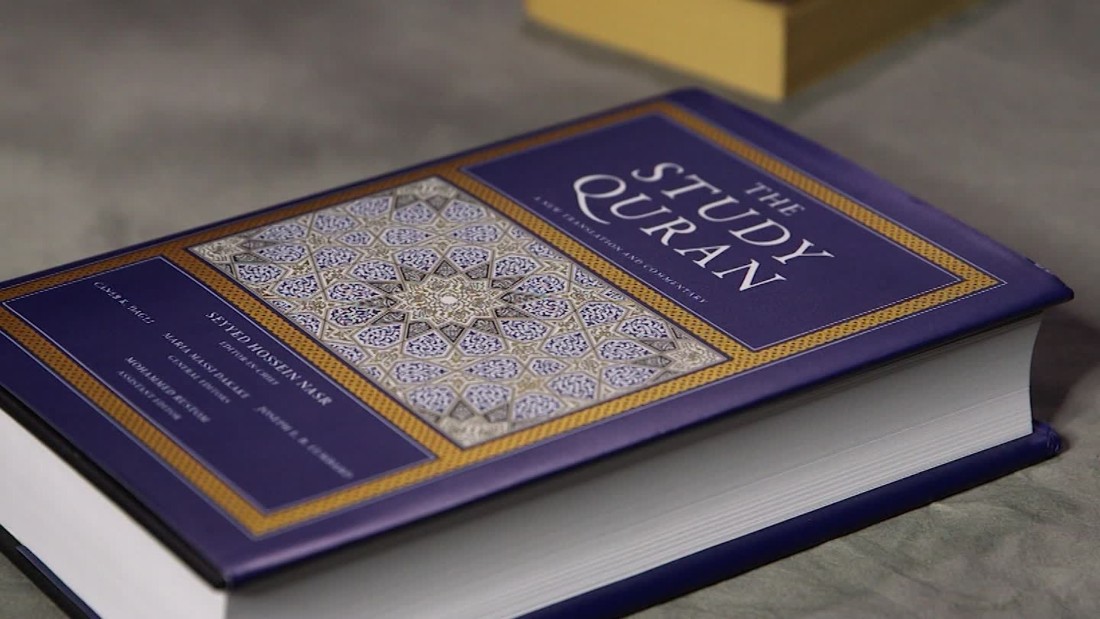[The Muslim World Book Review, 36:3, 2016, pp. 20–25]
Seyyed Hossein Nasr et al., ed. The Study Quran: A New Translation and Commentary. New York: Harper Collins, 2015. Hardback. lix + 1988pp. Maps. ISBN: 978–0–06–112586–7.
This book is the magnum opus of Iranian University Professor of Islamic studies at George Washington University Seyyed Hossein Nasr (b. 1933), an expert on Islamic philosophy and the history of science and the heir apparent of the syncretist Frithjof Schuon (1907–1998) as head of the Maryamiyya Order, a universalist movement based on the so–called Traditionalist School. (“Traditionalism” is a Western adaptation of Hinduism that negates claims of Truth by any religion through relativizing all of them; I will refer to its ideology in this review by the term Perennialism.) It is a well–crafted, mostly North American project that lumps several works in a single hefty volume printed on extra–thin India paper: an original English rendering of the Qur’n; a first–ever, rich anthology in English from 41 works of Quranic commentary with an embedded 42nd, original commentary on the part of Nasr, who terms it “not simply a collage of selections but a new work” (p. xliii); and the mismatched last part, 15 essays on the Qur’n by a mixed group of academics—three of whom are also the book’s general editors— “included… at the suggestion of the publisher… the essays are in a sense a separate book… an independent work” (p. xlv).
[Featured image source: CNN]


Joseph Lumbard has responded here:
It’s a response to a few objections raised in the review. Joseph Lumbard’s comments are useful, however they don’t respond to the major objections to the Study Quran, especially the theological ones.
Agreed. I was only sharing for the record.
Very much appreciated, for the record. I would like to post other comments from both the editors and critics, but it seems like it would be too exhaustive.
If you may direct us to the source where we read those comments exchanged between the editors and the critics, it would be appreciated.
Mostly it can be found on social media feeds and on the comments section of the Muslim Matters review.
Mawlana, this review was insightful and helpful.
Would you recommend subscribing to ‘The Muslim World Book Review’ – the journal which published it? Or do you know of any resource where their reviews might be read online?